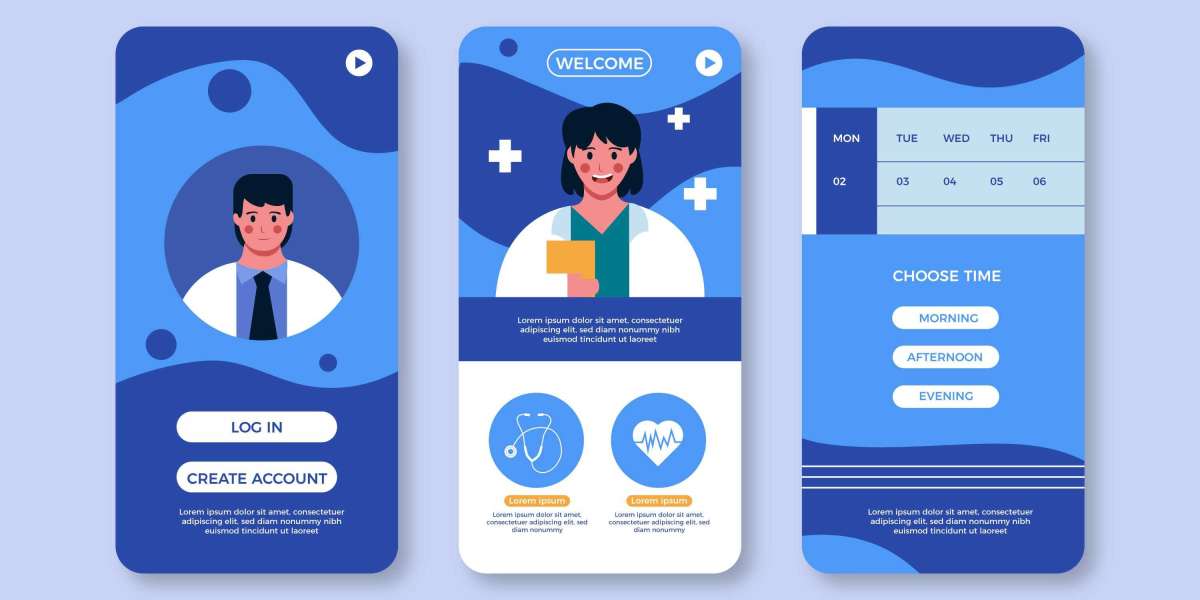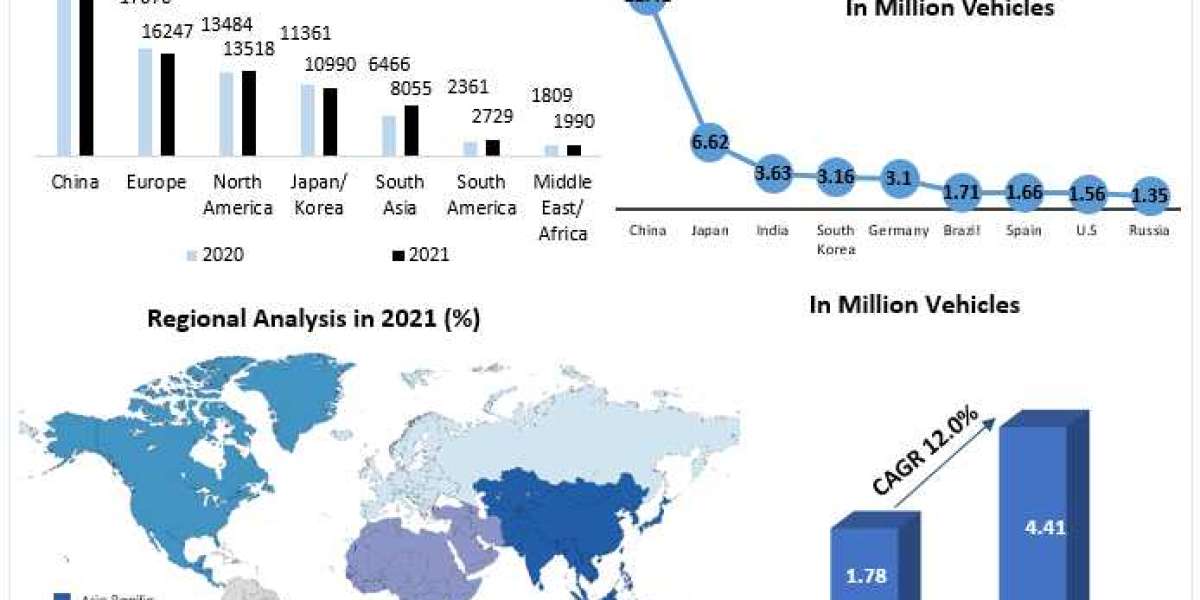Mental health app development has emerged as a groundbreaking force in transforming mental health care. These innovative apps are reshaping how individuals manage their mental well-being, access support, and interact with healthcare providers. By offering tailored solutions and leveraging technology to address the diverse needs of users, mental health apps are revolutionizing care in profound ways. In this article, we’ll explore the top 10 ways mental health apps are making a significant impact and driving change in mental health care.
1. Increased Accessibility to Care
Mental health apps are breaking down barriers to accessing care by providing users with convenient and immediate support. No longer do individuals need to wait for an appointment or travel to a therapist’s office; they can access mental health resources and support at any time and from anywhere. This increased accessibility is particularly beneficial for those living in remote areas or those who face mobility or time constraints. By making mental health care more accessible, these apps help ensure that more people can receive the support they need.
2. Personalized Treatment Plans
One of the key advantages of mental health apps is their ability to offer personalized treatment plans. Many apps use algorithms and user data to tailor interventions and recommendations based on individual needs, preferences, and progress. For example, an app might suggest specific coping strategies, mindfulness exercises, or therapeutic activities based on the user’s mood and behavior. This level of personalization enhances the effectiveness of the treatment and helps users stay engaged in their mental health journey.
3. Real-Time Monitoring and Feedback
Mental health apps enable real-time monitoring of users’ mental well-being through various tools and assessments. Users can track their mood, anxiety levels, sleep patterns, and other relevant metrics, which provides valuable insights into their mental health. Many apps offer instant feedback and suggestions based on this data, allowing users to make adjustments to their coping strategies or seek additional support when needed. This continuous monitoring helps users stay informed about their mental health status and make proactive decisions to improve their well-being.
4. Anonymity and Privacy
For many individuals, discussing mental health issues can be challenging due to stigma or concerns about privacy. Mental health apps offer a level of anonymity and confidentiality that can encourage users to seek help and engage in self-care without fear of judgment. By providing a safe and private platform for users to explore their mental health, these apps help reduce the barriers to seeking support and make it easier for individuals to take the first step towards improvement.
5. Cost-Effective Solutions
Traditional mental health care can be expensive, and not everyone has access to affordable services. Mental health apps often provide cost-effective alternatives to in-person therapy and counseling. Many apps offer free or low-cost features, with some providing premium services at a fraction of the cost of traditional therapy sessions. This affordability makes mental health support more accessible to a wider audience, including those who may not have the financial resources for conventional treatment.
6. Support for a Range of Mental Health Issues
Mental health apps cater to a wide variety of mental health issues, from anxiety and depression to stress management and sleep disorders. This broad range of support ensures that users can find resources and tools that address their specific needs. Some apps focus on evidence-based therapies, such as cognitive-behavioral therapy (CBT), while others offer mindfulness practices, relaxation techniques, or mood tracking. By addressing diverse mental health concerns, these apps provide comprehensive support for users seeking help.
7. Integration with Wearable Technology
The integration of mental health apps with wearable technology is enhancing the way users manage their mental well-being. Wearables, such as fitness trackers and smartwatches, can monitor physiological data, such as heart rate and sleep patterns, which can be used to gain insights into mental health. Many mental health apps sync with these devices to provide users with a more holistic view of their health, including how physical factors may impact their mental state. This integration allows for a more comprehensive approach to managing mental health.
8. Education and Self-Help Resources
Mental health apps often include educational content and self-help resources that empower users to understand and manage their mental health better. These resources may include articles, videos, guided exercises, and interactive tools designed to educate users about mental health conditions, coping strategies, and self-care techniques. By providing users with knowledge and practical tools, mental health apps help individuals take an active role in their mental well-being and foster a greater sense of control and resilience.
9. Enhanced Engagement Through Gamification
Gamification is a technique used by some mental health apps to increase user engagement and motivation. By incorporating game-like elements, such as challenges, rewards, and progress tracking, these apps make mental health practices more engaging and enjoyable. Gamification can help users stay motivated to complete therapeutic exercises, track their progress, and achieve their mental health goals. This interactive approach makes the process of managing mental health more appealing and helps maintain user engagement over time.
10. Facilitating Connection and Community
Many mental health apps offer features that facilitate connection and community building among users. These features may include peer support forums, group therapy sessions, or social networking elements where users can share their experiences and support one another. By fostering a sense of community and connection, these apps help users feel less isolated and provide additional sources of encouragement and understanding. This sense of belonging can be particularly valuable for individuals who may struggle with loneliness or lack of support in their offline lives.
Conclusion
Mental health apps are revolutionizing the way care is delivered and accessed, offering numerous benefits that enhance the overall mental well-being of users. From increasing accessibility and providing personalized treatment plans to facilitating community connection and integrating with wearable technology, these apps are transforming mental health care in meaningful ways. As technology continues to advance, mental health apps are likely to become even more sophisticated, providing innovative solutions to address the diverse needs of individuals and improve the quality of mental health care worldwide. Whether used as a primary tool or a supplementary resource, mental health apps are paving the way for a more accessible, personalized, and effective approach to mental health care.



